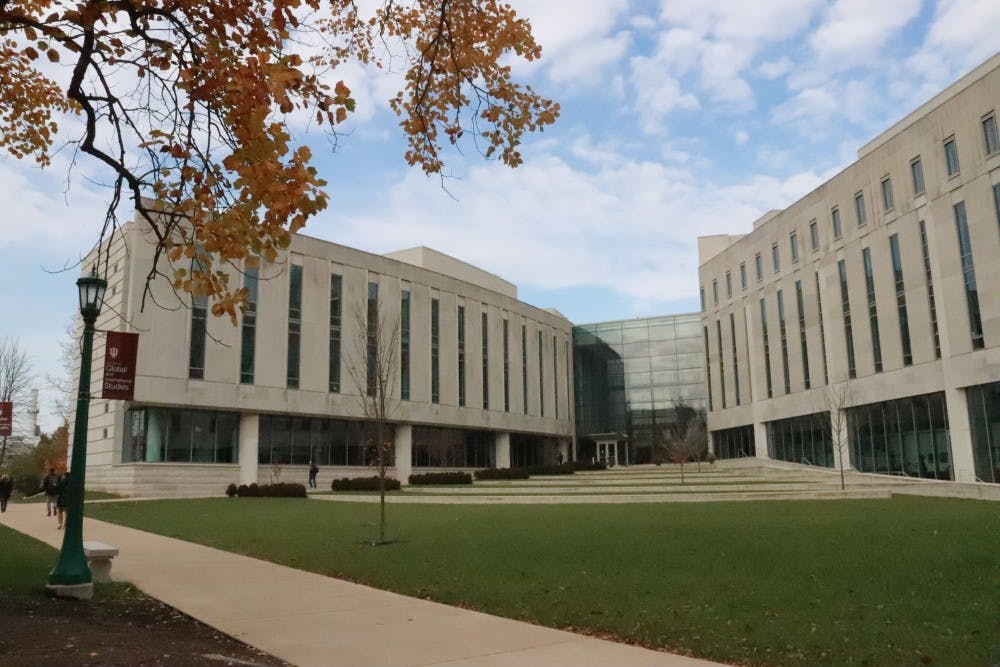The U.S. Department of State granted $1 million to the partnership of IU and the National University of Kyiv-Mohyla Academy, known as NaUKMA, in Kiev, Ukraine, for the development of new academic programs in the Eastern European country, according to an IU press release.
The grant will combine IU faculty and staff from the School of Public and Environmental Affairs, the Media School, the Office of International Affairs and the College of Arts and Sciences to design curriculum focused on government communication, according to the release.
Betsi Grabe, associate dean of the Media School, said this grant will give IU an opportunity to help improve a young and growing democracy in Ukraine.
“It’s a critical moment in that country's history because a new system has a lot of doubt around it," Grabe said. “It’s a major change.”
A four-year program will be created in NaKUMA with the option for students to pursue a master’s degree in public administration, a certificate for current government officials or an undergraduate degree in government communication, Grabe said.
According to the release, the MPA and certificate programs will be launched September 2020, while the undergraduate degree is expected to be in place by 2021.
“They desperately need to have government workers who can speak to the media in a way that will convey solid information to create informed citizens,” Grabe said.
Grabe said government communication is very similar to the Media School’s curriculum in strategic communication, but will focus more on how government officials communicate with the citizens of Ukraine.
“We have a very strong sequence in PR and strategic communication in general,” Grabe said. “It's literally a matter of how do you explain complicated things, how do you manage crisis that come up either in a large organization or in a government or a section of government.”
Although the Media School will be heavily involved, Robert Kravchuk, a SPEA professor, will serve as the academic director of the program.
“It’s basically intended to strengthen civil society in Ukraine,” Kravchuk said. “To forge closer connections between the government and its people.”
Both Grabe and Kravchuk emphasized that most of the money from the grant will go to NaKUMA.
“More than half the money is going to the Ukrainian partners,” Kravchuk said. “In fact, it goes a long way in Ukraine, so they are going to be able to develop a very good program.”
To develop the curriculum, Kravchuk said Ukrainian faculty will come to IU for training and interactions with IU faculty and staff. He said this will allow for collaboration that will benefit both countries.
“The American faculty will learn a lot about what the needs are in a country like that and it will help enrich the content of our own courses,” he said.
Although these new courses will be for students in Ukraine and not at IU, Grabe said she sees this partnership benefitting IU students in the long run.
“It’s not like our students in mass will go and benefit from this, but this will open doors,” Grabe said. “It’s like creating a bridge for mutual exchange that is invaluable.”
Grabe said she can see sending IU students there for internships in the coming years, as well as developing potential Media School travel courses in Ukraine.
“We’re opening our doors, and we’re building bridges to a part of the world where there is a lot of work to be done,” she said.




